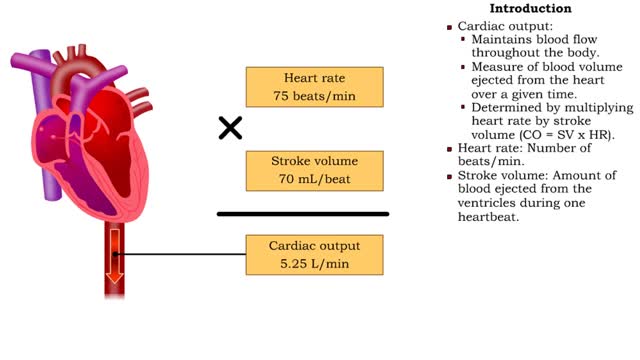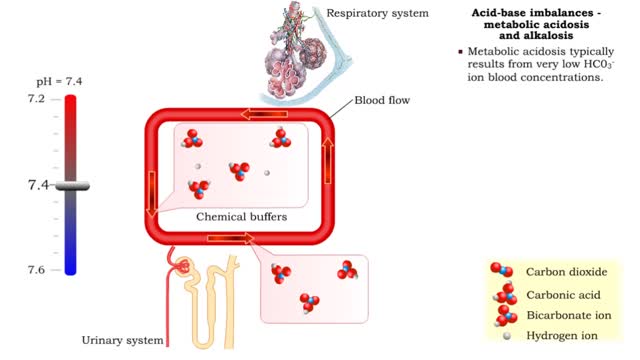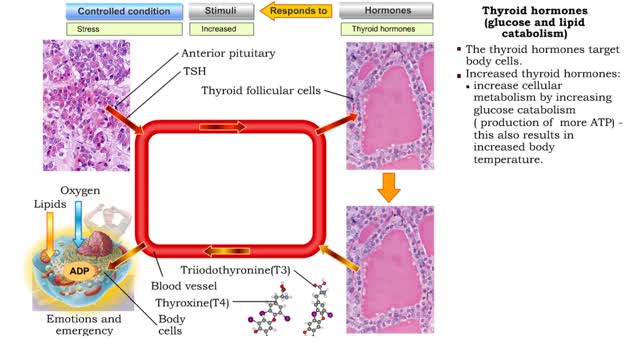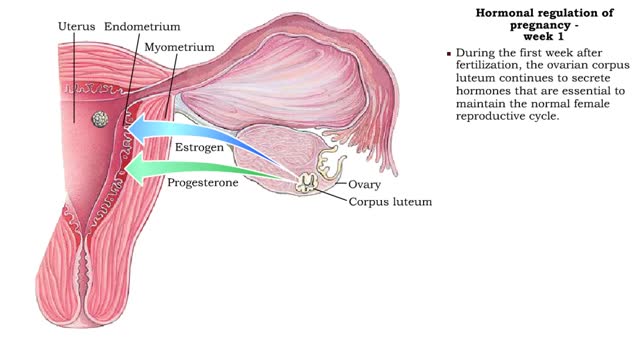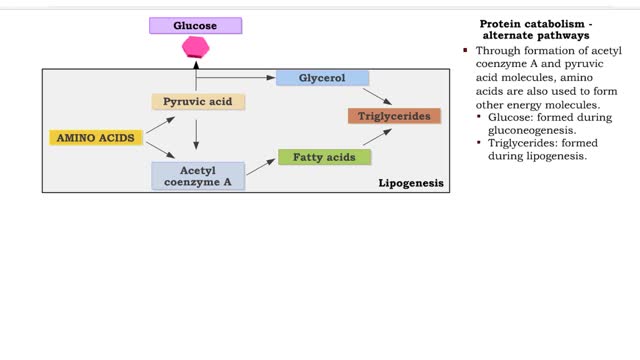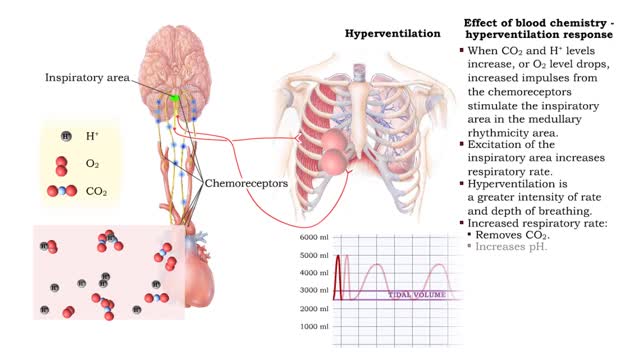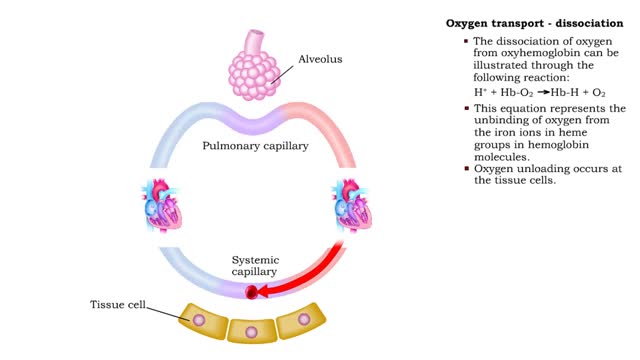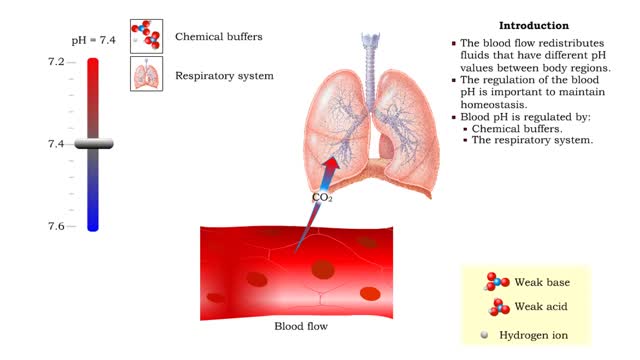Search Results
Results for: 'Factors that increase metabolic rate and heat production'
By: HWC, Views: 11100
• Cardiac output: • Maintains blood flow throughout the body. • Measure of blood volume ejected from the heart over a given time. • Determined by multiplying heart rate by stroke volume (CO = SV x HR). • Heart rate: Number of beats/min. • Stroke volume: Amount of blood eject...
Autonomic Nervous System Animation
By: Administrator, Views: 14620
Parasympathetic Division Works to conserve energy and innervate the digestive system. When activated, it: stimulates the salivary and digestive glands. decreases the metabolic rate. slows the heart rate. reduces blood pressure. promotes the passage of material through the intestines along...
Acid-base imbalances - metabolic acidosis and alkalosis
By: HWC, Views: 11435
• Metabolic acidosis typically results from very low HCO3- ion blood concentrations. • Metabolic alkalosis typically results from very high HCO3- ion blood concentrations.
hGH, Thyroid hormones & Aldosterone
By: HWC, Views: 11468
Glycogenolysis and lipolysis • Stressors stimulate production of a hypothalamic releasing hormone (GHRH). • The releasing hormone stimulates somatotroph cells of anterior pituitary to secrete human growth hormone. • Human growth hormone targets liver cells and fat cells. hGH (glycog...
Hormonal regulation of pregnancy - week 1
By: HWC, Views: 11661
• During pregnancy, hormones play a significant role in triggering changes in the mother and fetus. • Ormones : • Maintain the lining of the uterus and prevent menstruation. Prepare the mammary glands for lactation. • Increase flexibility of the pubic symphysis. • Affect the mot...
Protein catabolism (Krebs cycle) and Protein anabolism (protein synthesis)
By: HWC, Views: 11895
• Deaminated acids are brought into the Krebs cycle to be oxidized to CO2 and H2O. • Before entering the Krebs cycle, the deaminated acids are converted into intermediate products (pyruvic acid, acetyl coenzyme A, carbonic acids). • In the Krebs cycle, amino acids are oxidized to form r...
Effect of blood chemistry - stimuli, hyperventilation response and hypoventilation response
By: HWC, Views: 10987
• Respiratory rate is effected by changes in: • Blood pH. • Blood Pco2. • Blood P02. • Chemoreceptors in the central and peripheral nervous systems closely monitor the Fr, CO2 and 02 levels in blood. • Changes in frequency of impulses from Chemoreceptors affect respiratory r...
Oxygen transport: association and dissociation & Factors that affect hemoglobin's saturation with O2
By: HWC, Views: 11224
• The production of oxyhemoglobin can be illustrated through the following reaction: 02 + Hb-H --) Hb-02 + H+ • This equation represents the binding of oxygen to the iron ions in heme groups in hemoglobin molecules. • Oxygen binding or loading occurs at the lungs • The dissociatio...
Role of the respiratory system - effect of altered ventilation rates
By: HWC, Views: 11229
• Dissociation of the chemical substances in the body fluids can result in the production of free hydrogen ions. • The pH scale is used to measure the concentration of hydrogen ions in solution. • Normal blood pH values vary around 7.4. • When hydrogen ion concentration increases, t...
Advertisement



